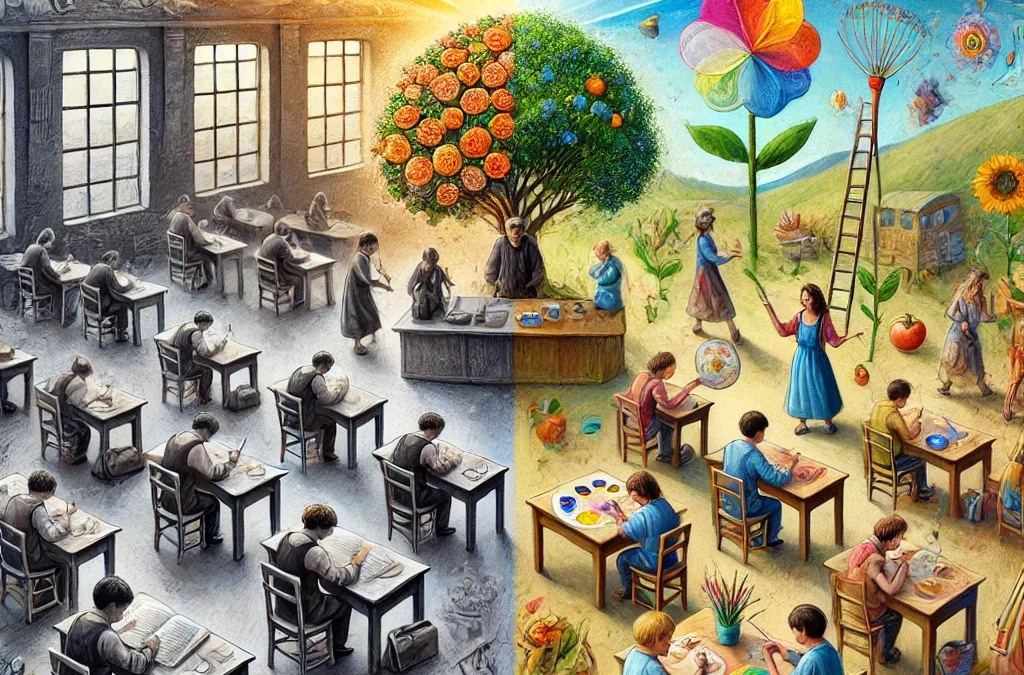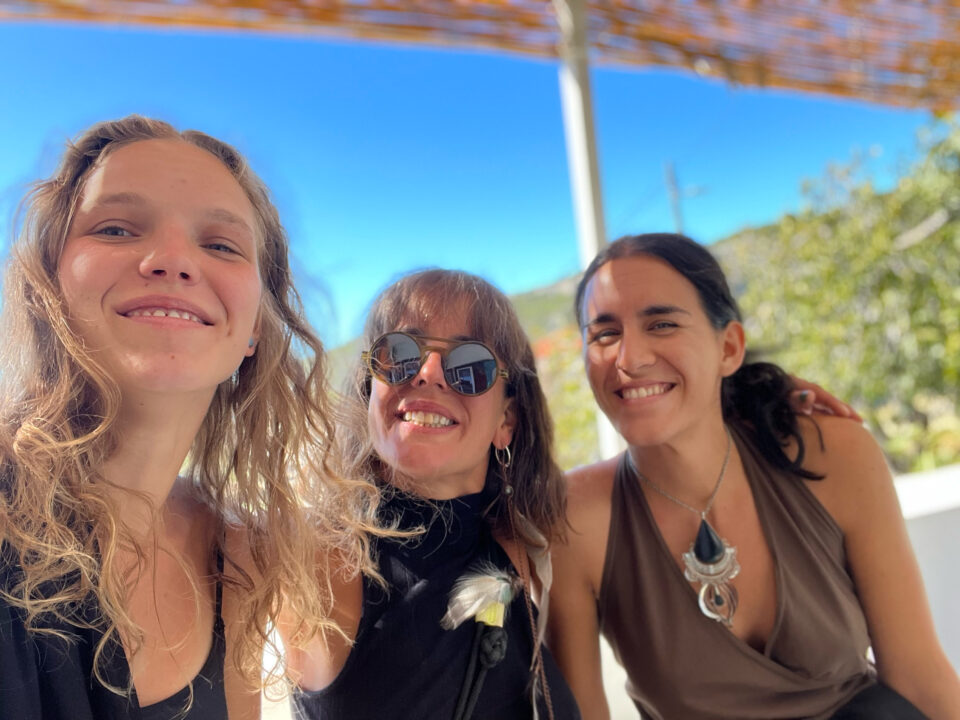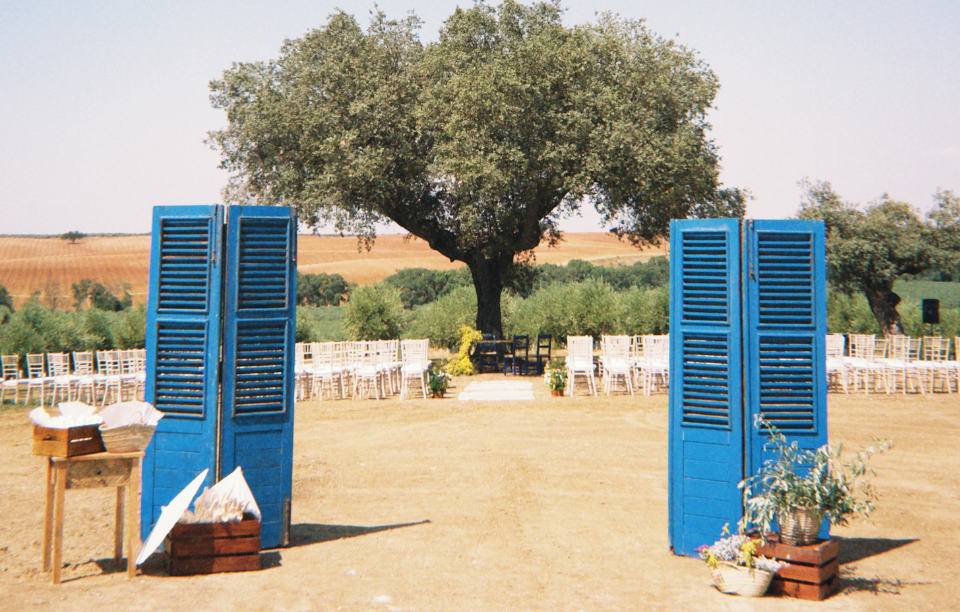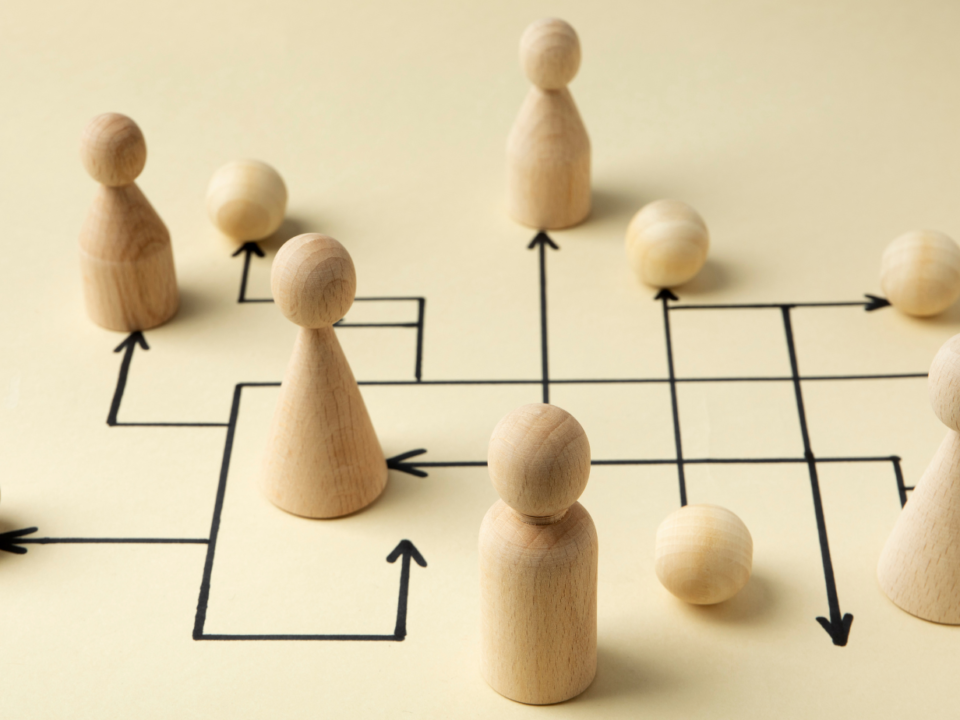
Building effective systems in the workplace: Boundaries, responsibilities, and human behavior
2025. August 10.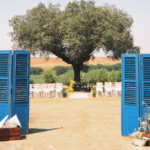
I’m Starting a New Business – Again
2025. November 17.At first glance, farming and human development might seem unrelated, but they share profound similarities. Both involve nurturing systems to grow and flourish. Over time, however, both have drifted toward monoculture: in farming, the repeated planting of a single crop; in human development, a focus on narrow specialization in education and work.
While monoculture appears efficient on the surface, it creates fragility. By removing diversity, it leaves systems - both agricultural and human - less adaptable and more vulnerable to change. A shift toward permaculture offers a way forward, not just for farming, but for how we learn, grow, and connect.
The Costs of Monoculture
Monoculture farming became widespread with industrialization. Growing one crop repeatedly allowed for higher yields and faster production, meeting the needs of expanding populations. However, this approach ignores the complexity of natural systems. Soil becomes depleted, requiring chemical fertilizers. Ecosystems are stripped of biodiversity, leaving fields vulnerable to pests, disease, and climate extremes. Over time, the land is left exhausted and communities reliant on it suffer the consequences.
In human development, monoculture shows up as hyper-specialization. Education and work systems encourage individuals to focus on a single skill or career path, producing "experts" who excel in their fields. But this narrow approach can stifle creativity and adaptability - making us robots. When industries evolve or collapse, those confined to one area of expertise often struggle to adjust. Much like the soil in monoculture farming, people in hyper-specialized systems are drained, disconnected, and unprepared for the unexpected.
Both forms of monoculture reflect a mindset that prioritizes short-term gains over long-term resilience. They sacrifice the richness of diversity for efficiency, creating systems that are brittle and unsustainable.

„As technology evolves, many tasks that were once exclusively human are becoming automated. However, certain human abilities - like creativity, emotional intelligence, critical thinking, and the ability to make complex, ethical decisions - will never be fully replaceable.”
A Permaculture Mindset for Growth
Permaculture offers a different path. In agriculture, it moves away from extraction and toward regeneration. Farms designed with permaculture principles integrate crops, animals, and trees into ecosystems that support one another. Soil is enriched, biodiversity thrives, and farms become more resilient to challenges like droughts or pests. The focus isn’t on maximizing output in a single season but on creating systems that sustain life over generations.
In human development, permaculture translates to a more holistic way of learning and growing. Instead of pushing people to specialize early, it encourages curiosity and exploration across multiple fields through active, hands-on engagement. This approach is about diving into different fields, experimenting, and learning to make connections and symbiosis between them. It reflects the Renaissance ideal, where individuals like Leonardo da Vinci thrived by connecting knowledge from diverse areas. Da Vinci’s mastery of both art and science allowed him to innovate in ways that narrow expertise alone could not achieve. A permaculture mindset values adaptability and lifelong learning, preparing people to actively experiment, create, and navigate an unpredictable world.
My Own Journey: Learning Through Diversity
In the past twelve years, I’ve had more than twenty-five different jobs. For many people, that number doesn’t make sense - it might even sound like a lack of stability or endurance. But for me, it reflects a path of curiosity and constant learning.
Some jobs I took out of necessity, others out of passion. I’ve always worked on multiple projects at once. First because I had to earn a living while also getting the experiences I truly desired, and later because I wanted to keep growing and contributing to meaningful projects and ideas. Some lasted years, others were short-term lifelines.
Since I couldn’t go to university, everything I know I learned by doing - by working with people who were more experienced, and by staying open to opportunities that challenged me. Over time, I realized that my greatest skill wasn’t tied to one profession - it was the ability to see connections between different fields and situations creating my own very specific profession in a way and to find creative solutions through that broader perspective.
That kind of experience teaches you a lot more than just practical skills. It builds adaptability, resilience, communication, emotional intelligence, problem-solving, and self-belief. It teaches you how to stay calm when everything shifts, to understand different ways people think and work, and to make decisions quickly and clearly.
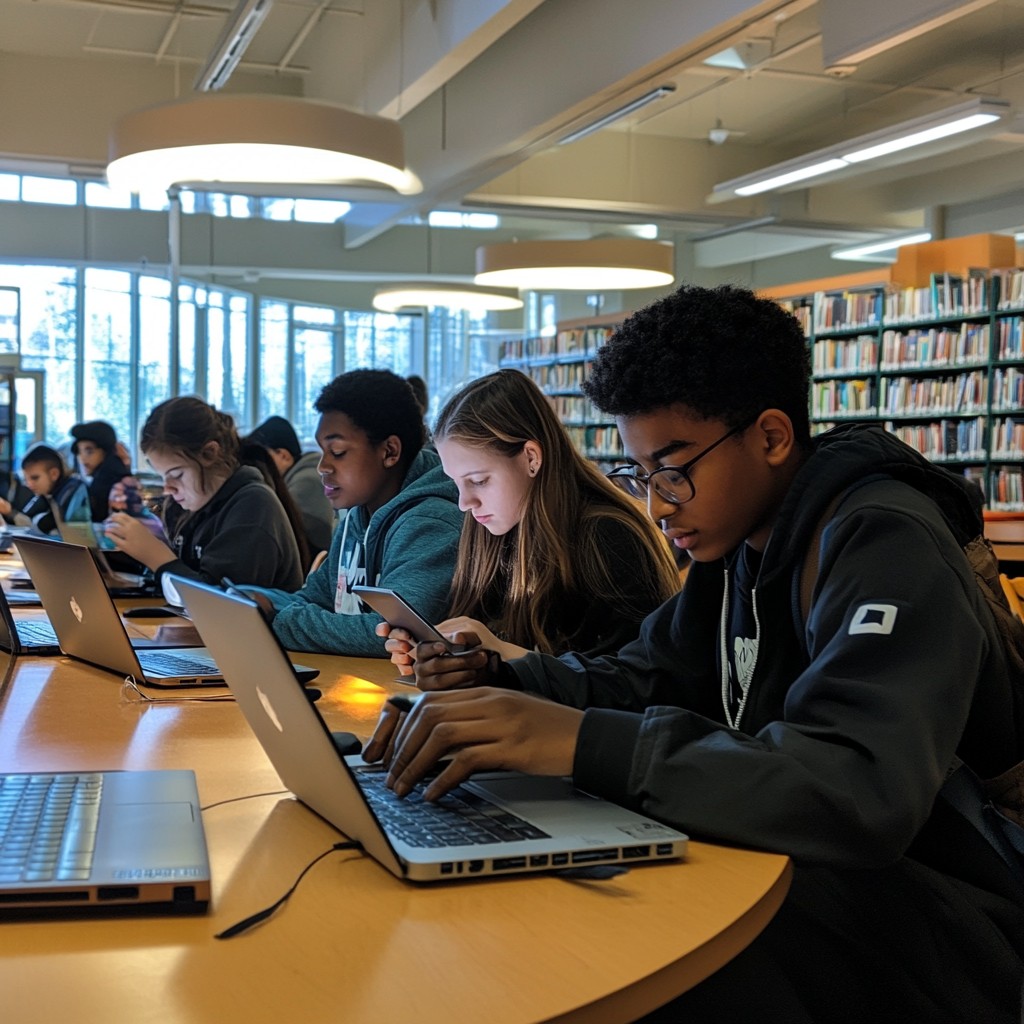
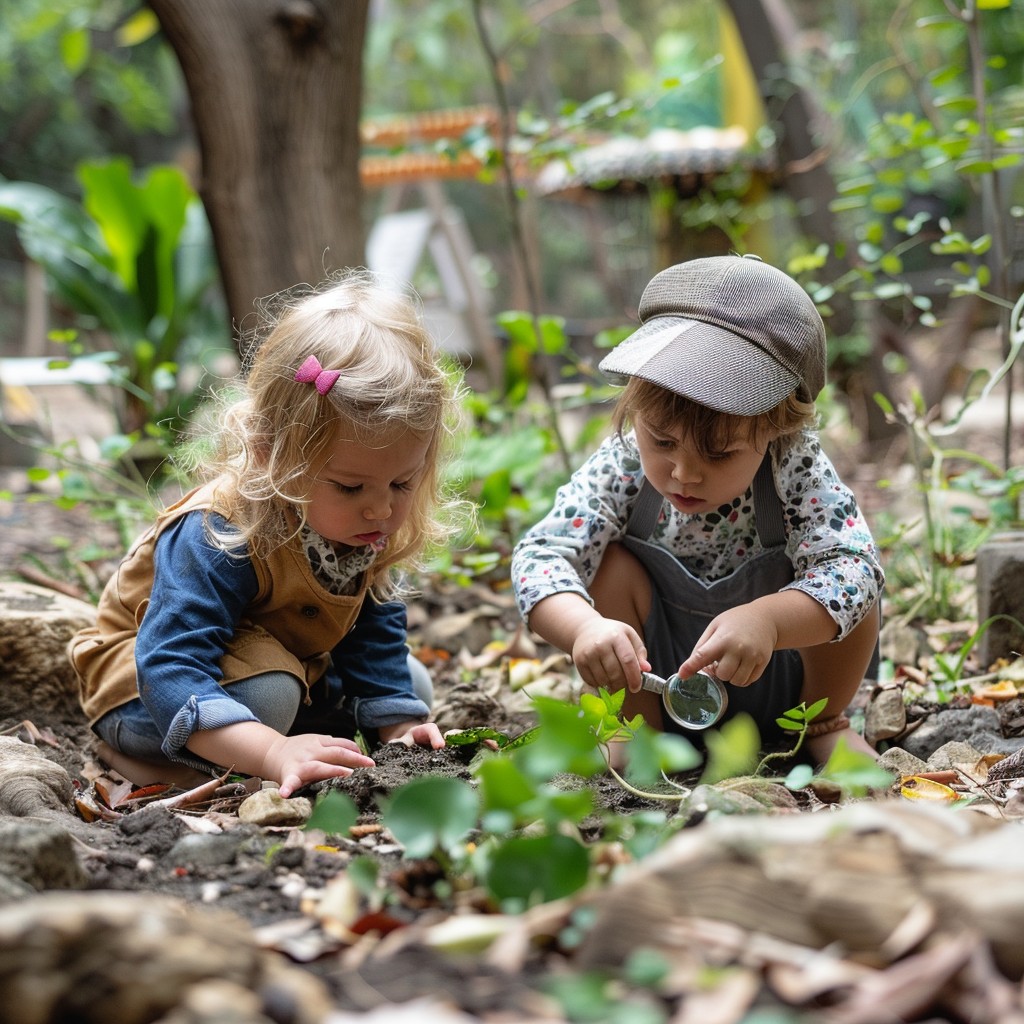
Why This Matters Now
The monoculture model became dominant because it fit the needs of industrialization: speed, efficiency, and large-scale production. But as the world changes, these systems are proving insufficient. In agriculture, we face environmental crises like soil erosion, loss of biodiversity, and climate change. In human development, rapid technological shifts and global challenges demand creativity, collaboration, and the ability to think across disciplines - qualities that monoculture systems don’t nurture.
Fostering this kind of diverse growth is even more critical in the age of AI. As technology evolves, many tasks that were once exclusively human are becoming automated. However, certain human abilities - like creativity, emotional intelligence, critical thinking, and the ability to make complex, ethical decisions - will never be fully replaceable. By understanding AI as a tool rather than a threat, we can focus on developing the uniquely human skills that machines cannot replicate. A permaculture mindset values adaptability and lifelong learning, preparing people to actively experiment, create, and use AI as a partner that supports, rather than replaces, our growth and potential.
By embracing diversity and interconnection, we create systems - whether in farming or education - that are not only resilient but regenerative. These systems adapt to challenges, foster innovation, and provide a foundation for sustainable growth.
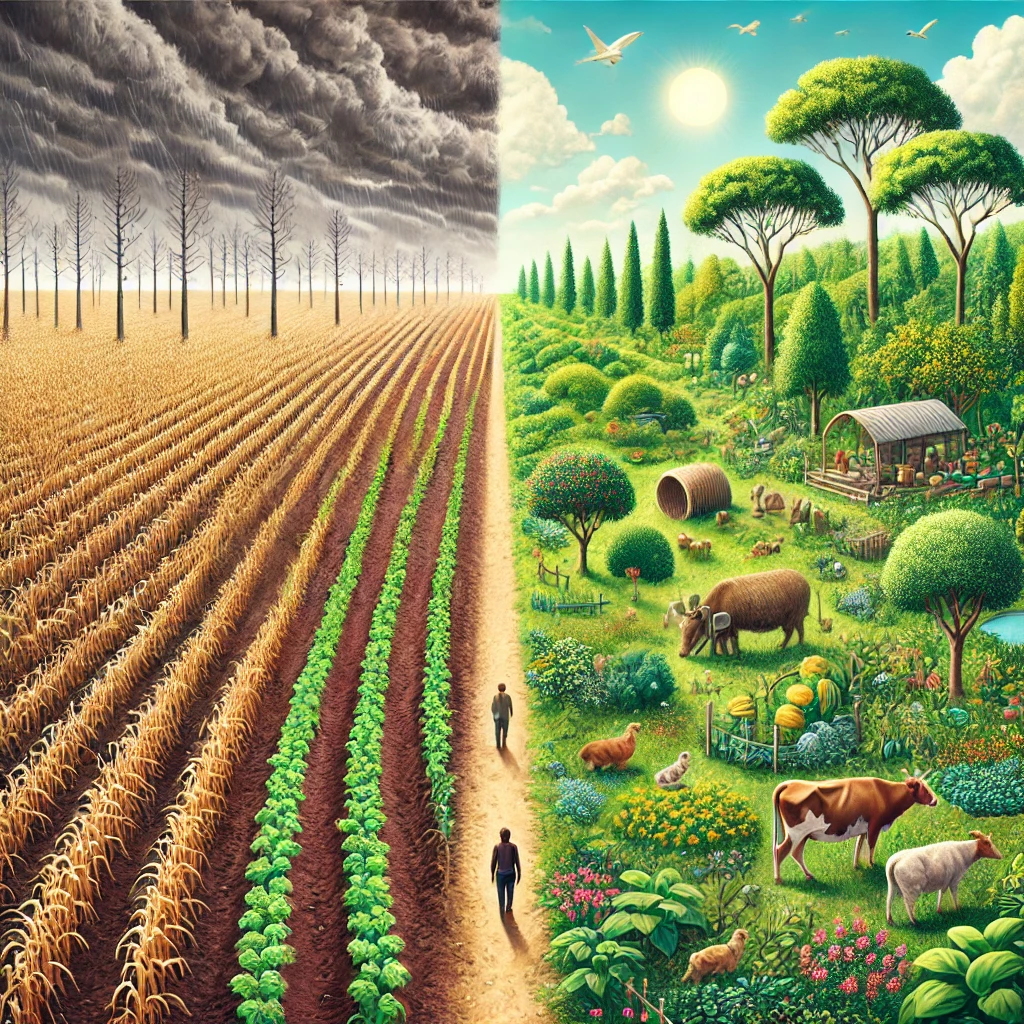
Growing Toward a Better Future
Imagine a world where farming and human development mirror the balance of nature. Farms could restore ecosystems, enrich the soil, and nourish communities. Schools and workplaces could inspire curiosity and exploration, encouraging people to think broadly and connect deeply. In both cases, diversity would be a source of strength, and resilience would become the measure of success.
Permaculture teaches us that growth isn’t just about productivity; it’s about sustainability, adaptability, and balance. By applying these principles to how we cultivate both the land and ourselves, we can build systems that not only endure but flourish - systems that sustain life in all its complexity.


